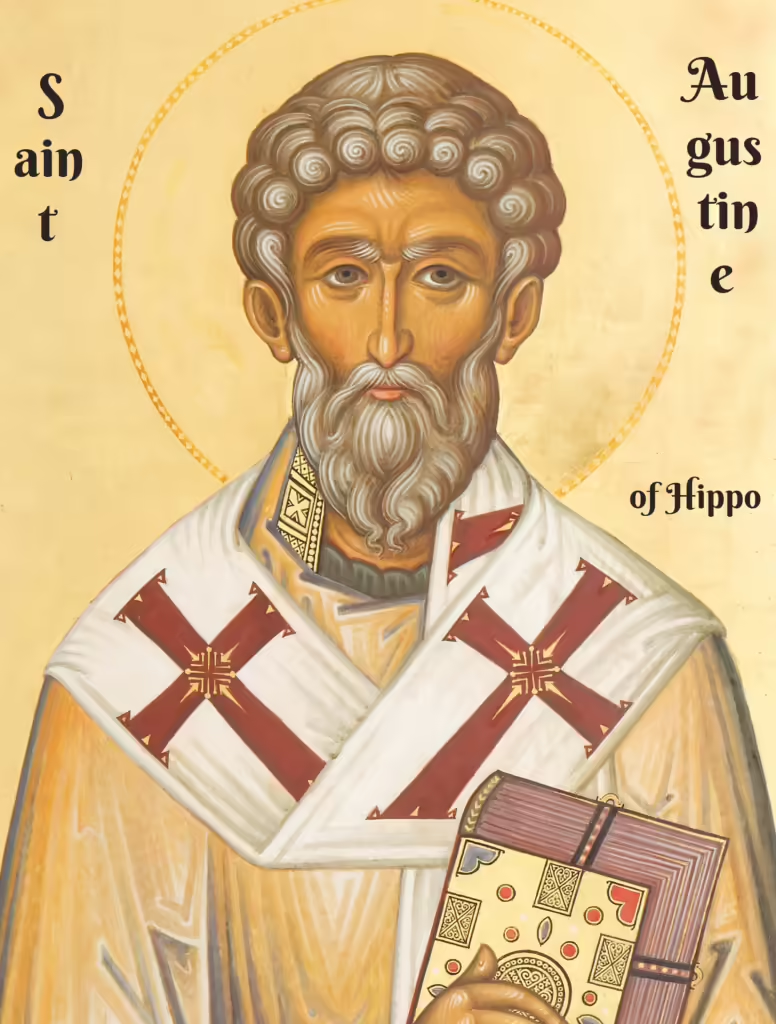The Apostles of Jesus wrote four books about Jesus’s time on earth: Matthew, Mark, Luke, and John. These books are similar, although they have some differences, but all tell the same story. Known as the Gospel, they make up the first part of the New Testament of the Bible. Unlike other classical literature, the Bible is historical not mythological. Its historical accuracy is even agreed upon by some atheist historians.
God the Father sends his only Son, Jesus, to earth as a man to show his love for the world. Jesus is both the Son of God and a man at the same time. Born in the town of Bethlehem, Jesus’s mother, Mary, remained a virgin after she gave birth and bore the Son of God. Jesus lived in the town of Nazareth most of his early life and first preached at the age of 12. John the Baptist (or John the Forerunner) announced that the Son of God was coming soon. John baptized Jesus around AD 30. When Jesus was baptized, he was confirmed as both the Son of God and a man. After his baptism in the Jordan River, Jesus started his public ministry.
Jesus’s first miracle occurred at a wedding, when the hosts ran out of wine for the meal, so Jesus miraculously turned water into wine. He began preaching to large crowds and healing dozens of people. He recruited 12 disciples to help spread His message across Israel, and also gave them the power to heal. When Jesus healed a man on the Sabbath Day (Saturday) this angered the Jewish religious leaders (the Pharisees) because they claimed it was against the Law. Jesus stated that he was the fulfillment of the Law, and that certain practices did not need to be followed anymore. Consequently, the enraged Pharisees proclaimed that he was a false prophet and sought to destroy him.
During this time, Jesus did some of his greatest miracles, such as calming a stormy sea, walking on water, feeding 5,000 men with only five bread loaves and two fish, and healing the daughter of Roman Centurion. King Herod thought Jesus was a resurrected John the Baptist, who he had put to death. After Jesus forced a legion of demons into a herd of swine, the local residents did not let Jesus stay because they feared the Pharisees. The Jewish religious leaders hated Jesus because he preached against them and against the Law.






